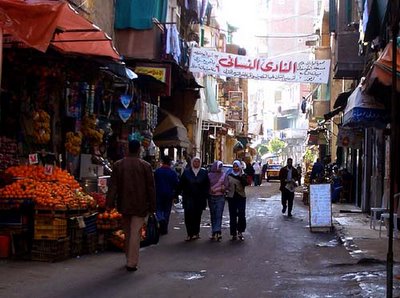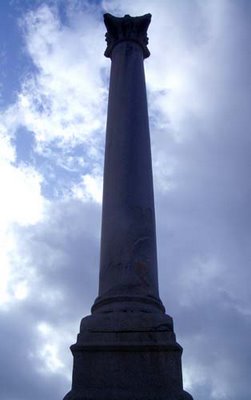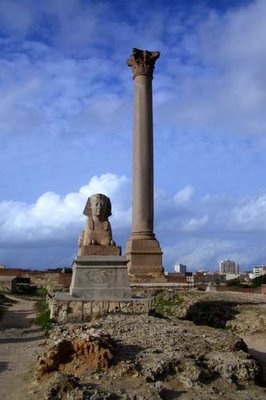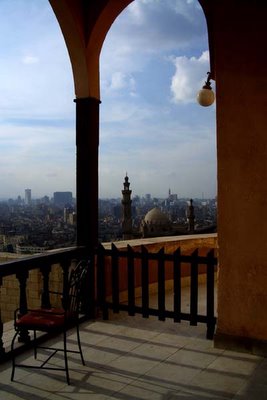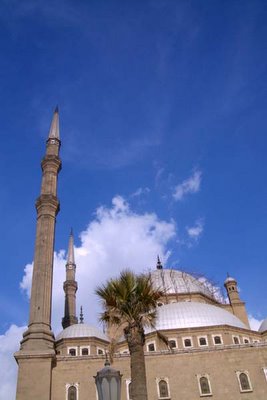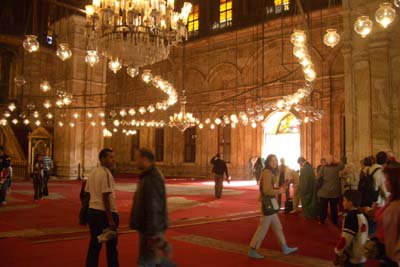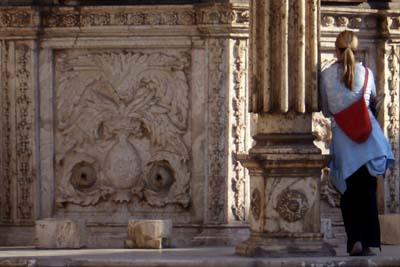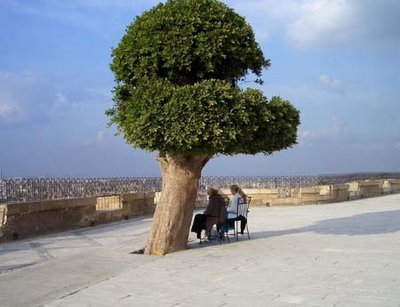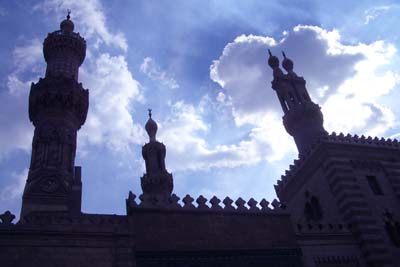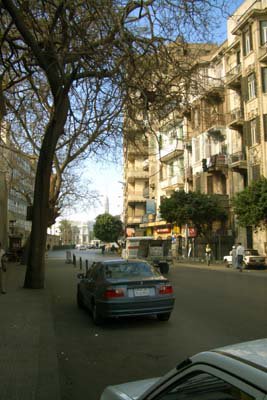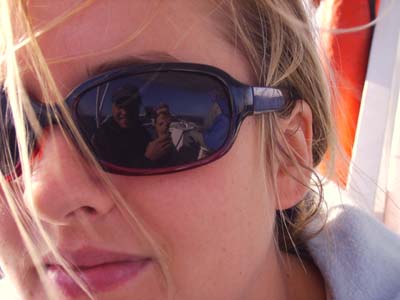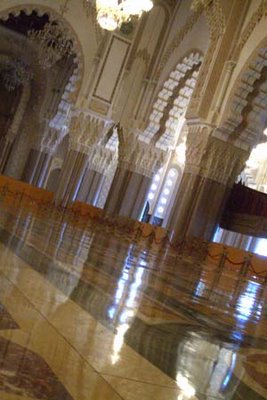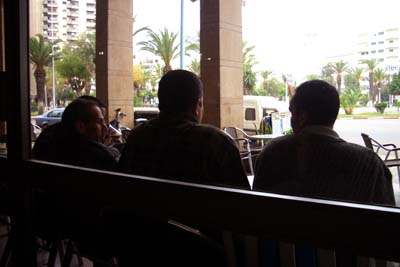Back and trying to make sense of it all
I got back to Dakar late Tuesday night after spending a difficult seven hours in the Casablanca airport thinking about changes and feeling pain, feeling alone, chewing my nails while slowly getting a headache from sipping Moroccan beer and taking in too much second-hand cigarette smoke.
My comings and goings are always my greatest challenges. Leaving familiar places, saying good bye, starting over, and learning how to go at it alone without the comforts of home. And I find it gets more difficult as time goes on. I'm growing up, my loves get stronger and I'm learning to give more of myself and learning to take more in.
Being back in Dakar is familiar in the way that all homecomings are, but Senegal is a different place to me. I've had a lot of time to contemplate my time here and to also feel quite actutely the challenges that another semester here presents especially as most of my good American friends went home and I moved in with a new host family.
But there are things to look forward to and I think that's why I do it -- keep coming and going. I'm already feeling the trill of new beginnings, making semester to-do lists, discovering more Dakar secrets, and it all just keeps building on what I already know.

